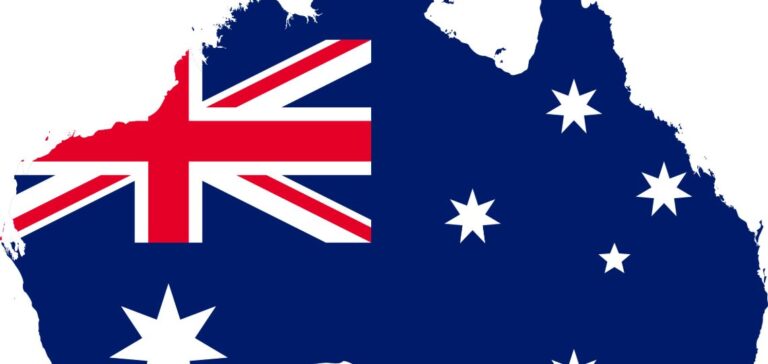Energy policy has become a central focus of Australia’s upcoming federal elections scheduled for May 2025, with nuclear energy emerging as a critical point of debate. Australian voters will face a choice between two sharply contrasting strategies: the incumbent Labor government aims for renewable sources to represent 82% of electricity generation by 2035, whereas the opposition Liberal-National Party (LNP) proposes constructing approximately 13 gigawatts (GW) of nuclear capacity by 2051. However, a recent report by Norwegian consultancy Rystad Energy indicates achieving this 82% renewable energy target may be overly ambitious, with more realistic estimates projecting around 65%, highlighting potential shortfalls in energy supply and infrastructure.
Energy security under pressure
The planned closure of major coal-fired power plants such as Eraring in New South Wales (NSW) and Yallourn West in Victoria (VIC) by 2028 is set to exacerbate existing energy supply pressures, forcing reliance on alternative energy sources. Natural gas power plants, particularly peaking units designed for rapid activation during peak demand periods, will be critical in bridging the impending capacity gap. Although investments in storage solutions, including utility-scale batteries and pumped hydroelectric storage, are expected to add around 3 gigawatts (GW) of capacity by 2025, analysts underline concerns about timely implementation due to existing logistical bottlenecks.
Simultaneously, increasing global demand for gas-fired generation equipment is significantly extending delivery timelines for essential infrastructure. This poses additional challenges for Australia, where securing timely energy infrastructure is becoming critical to preventing severe market disruptions. The logistical delays for heavy turbine components further complicate Australia’s short-term energy stability, potentially amplifying existing vulnerabilities in electricity markets.
Growing reliance on imported gas
The declining production from legacy offshore gas fields in Victoria has heightened the dependence of southern states—primarily Victoria (VIC), New South Wales (NSW), and Tasmania (TAS)—on Queensland’s gas supply. According to Kaushal Ramesh, Vice President, Gas & Liquefied Natural Gas (LNG) Research at Rystad Energy, LNG imports into Australia have become almost inevitable to ensure continuous supply and price stability. Current buffer capacities are lower compared to previous crises, notably the 2022 price surge, making the market increasingly vulnerable to potential future supply disruptions.
The absence of substantial reserve margins leaves little room for error, and any simultaneous supply disruptions or spikes in demand could trigger price volatility similar to previous crises. In this scenario, LNG imports into Australia appear increasingly necessary to mitigate short-term risks associated with domestic production shortfalls.
Political outcomes and infrastructure constraints
Forecasts from Rystad Energy suggest that under the incumbent Labor government, Australia would see a record addition of approximately 7.2 GW annually in combined renewable and gas generation capacity, primarily concentrated in Queensland, Victoria, and NSW. Conversely, if the Liberal-National Party (LNP) prevails, the planned deployment of nuclear power plants is likely to reduce immediate investments in solar and wind projects. The extent of this reduction remains uncertain, but the shift toward nuclear could alter the country’s current energy development trajectory significantly.
Regardless of political outcomes, Australia’s immediate challenge revolves around overcoming significant infrastructure limitations. Delays in delivering critical heavy turbine equipment due to surging international demand are likely to impact Australia’s ability to rapidly expand its energy infrastructure. With tight timelines and high stakes involved, Australia’s upcoming energy policy decisions will shape its capacity to maintain grid stability and manage energy costs, factors of critical importance for both economic stability and national competitiveness.
Amid these challenges, the upcoming electoral choices will influence Australia’s short and long-term energy security. Decisions made in the next electoral cycle will therefore profoundly affect not only the national energy landscape but also Australia’s position in the global energy market.






















